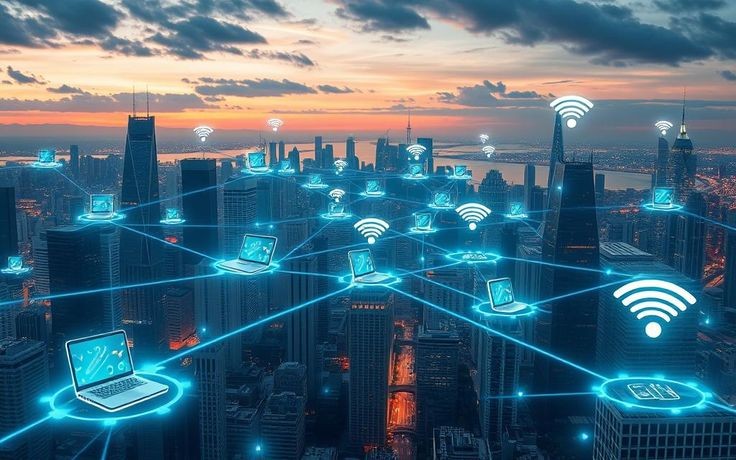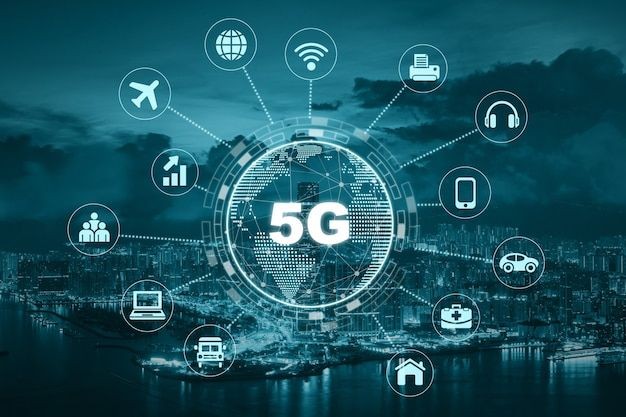5G Explained: What 5G Means for Nigerian Businesses in 2025
When Nigerians first heard about 5G, it felt like something futuristic — almost like science fiction. Fast forward to 2025, and it’s now a reality in major cities like Lagos, Abuja, Port Harcourt, and Kano. But beyond faster internet on your phone, what does 5G really mean for Nigerian businesses?

Let’s break it down in simple terms.
1. Internet Speeds That Change How You Work
5G offers speeds up to 10 times faster than 4G. That means businesses can:
-
Download huge files in seconds.
-
Host lag-free video calls without “Hello, can you hear me?” moments.
-
Run cloud-based tools in real-time without frustration.
For a Lagos-based graphic design agency, this could mean uploading a 2GB project in minutes instead of hours.
2. Better Customer Experience
Slow websites or mobile apps can frustrate Nigerian customers. With 5G, e-commerce stores, fintech apps, and online services will load faster, reducing customer drop-offs. Imagine a customer in Ibadan trying to order food online. With 5G, the payment and order confirmation happen instantly, improving trust and sales.
3. Smarter Technology for All Industries
5G isn’t just about phones — it powers the Internet of Things (IoT). This means devices, machines, and systems can “talk” to each other in real time.
-
Agriculture: Drones monitoring crops and sending live updates to farmers.
-
Logistics: Delivery trucks tracked to the exact second.
-
Healthcare: Remote consultations with high-quality video and instant data sharing.
4. More Opportunities for Remote Work
During COVID-19, Nigerians learned that remote work was possible, but internet quality was a challenge. With 5G, businesses can:
-
Hold seamless virtual meetings.
-
Train staff using interactive video tools.
-
Access international clients without worrying about poor connectivity.
5. New Business Models
Industries like virtual reality (VR) tourism, AI-powered services, and cloud gaming can now thrive. For example, a Nigerian real estate company can offer virtual house tours without clients visiting in person.
6. Challenges to Keep in Mind
It’s not all rosy.
-
Limited Coverage: 5G is still expanding and mostly available in urban areas.
-
Cost: 5G devices and data plans are still expensive for many Nigerians.
-
Skills Gap: Businesses need digital skills to take full advantage of 5G.
Final Thoughts
For Nigerian businesses, 5G is more than faster internet — it’s a tool for growth, innovation, and global competitiveness. While adoption may start slow, those who prepare now will be ready to lead in this new digital era.
In the next few years, the gap between businesses that embrace 5G and those that don’t could be as big as the difference between having electricity and working by candlelight.
💡 Internal Link Suggestions:
-
Link to The Rise of Digital Payments in Rural Areas for tech adoption trends.
-
Link to Best Budget Smartphones for Nigerians in 2025 for 5G-ready device options.
-
Link to Meet the Nigerian Startup Building AI for Farmers for IoT in agriculture examples.




